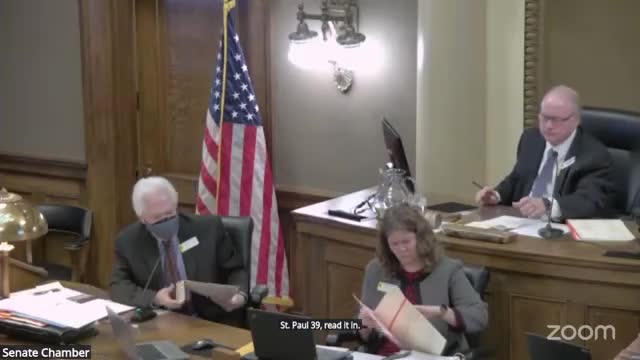Article not found
This article is no longer available. But don't worry—we've gathered other articles that discuss the same topic.
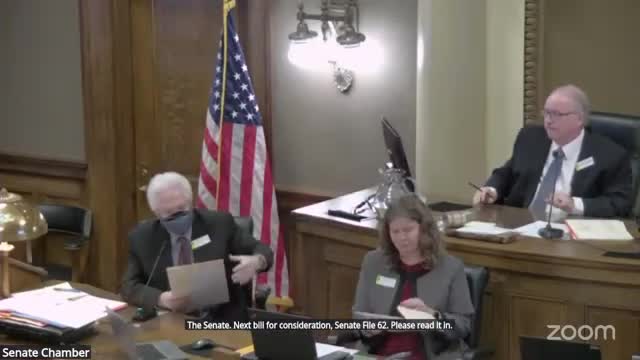
Senate committee backs bill requiring single‑sex designation for multi‑occupancy school restrooms, allows private enforcement
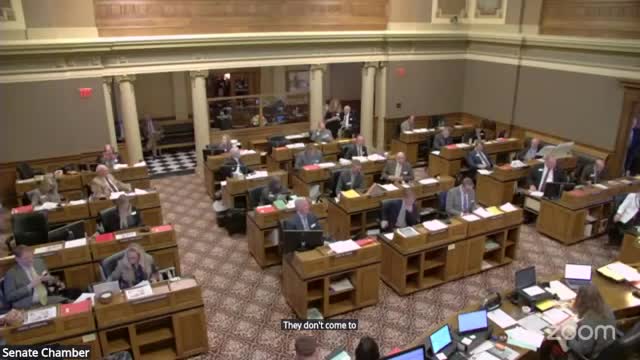
Senate committee backs $10-per-ton stimulus to steer Wyoming CO2 to enhanced oil recovery
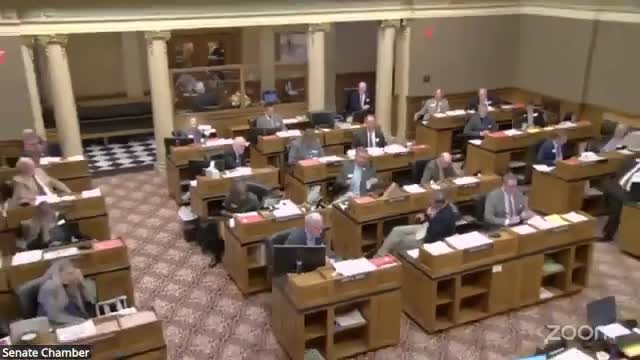
Votes at a glance: key outcomes from the Wyoming Senate floor session, Jan. 27, 2025
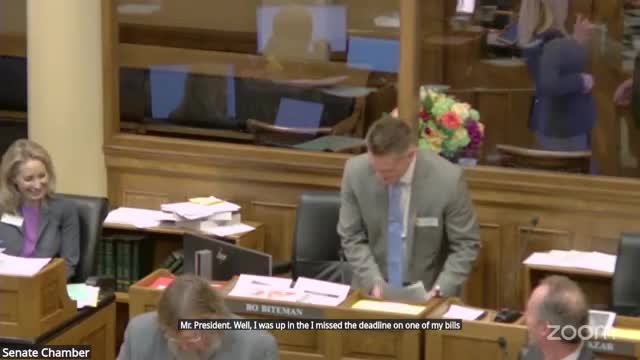
Senate agrees to consider Small Business Emergency Bridge Loan bill draft; motion carries 31‑0
